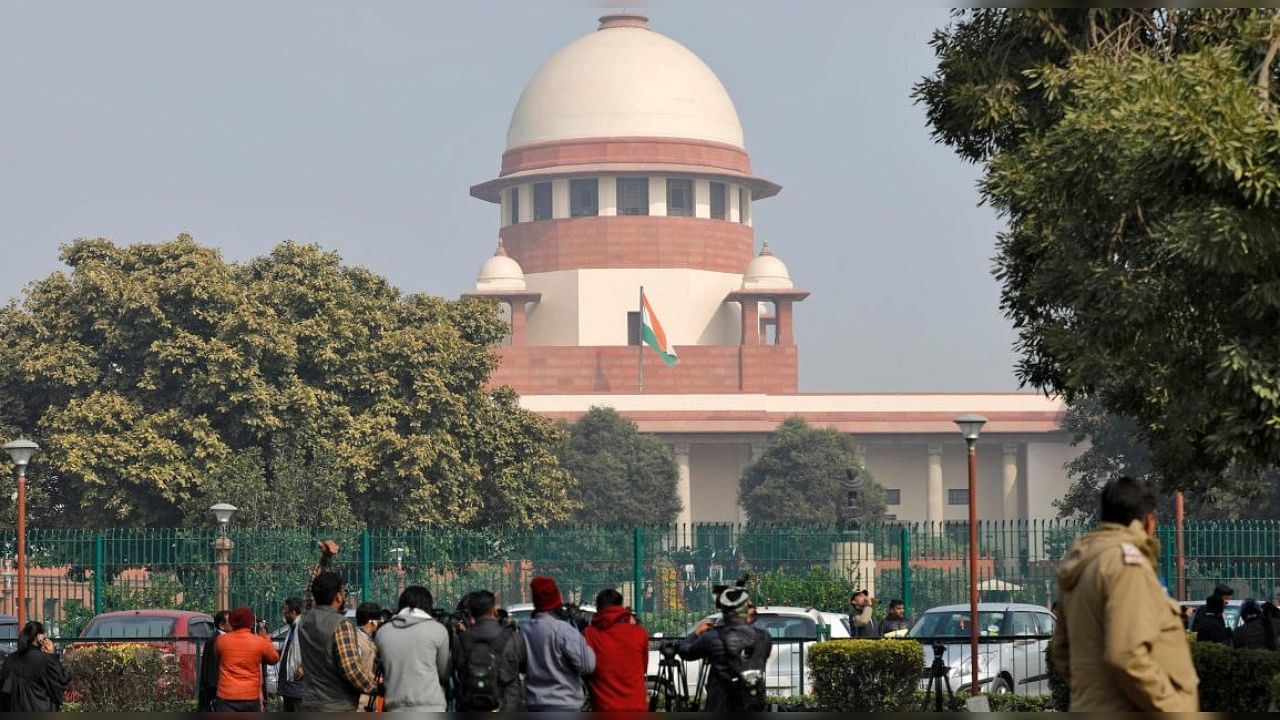
Attorney General K K Venugopal on Monday told the Supreme Court that "tremendous amount of work" has been done by the Ministry of Law and Justice to create awareness about fundamental duties, for the purpose of sensitising citizens and students about it.
Maintaining that a plea to enact a law to enforce fundamental duties is not maintainable at all, he objected to the PIL filed by advocate Durga Dutt before a bench of Justices Sanjay Kishan Kaul and M M Sundresh.
"I have an objection to this petition. A tremendous amount of work has been done for the purpose of sensitising people. The curriculum of the schools contains the entire Article 51A with duties to be taught to them, debates have been held throughout the country. The leaders have addressed this aspect, the President, the Prime Minister, from time to time. The one-year awareness drive was launched," he said.
The bench, for its part, said, "We were also circumspect in issuing the notice and we said that it falls within the domain of political dispensation."
However, "We only wanted to know the limited point whether any steps have been taken pursuant to the judgment in Ranganath Mishra case," the bench added.
Separately, a counsel, appearing for the Union government, sought time to file an affidavit within four weeks.
The court, which had on February 21 issued notice to the Attorney General and the Centre, then posted the matter for consideration in July.
The plea stated former Chief Justice of India Ranganath Mishra in 1998, who wrote a letter to the SC which was converted into a letter petition by which the top court had in 2003, directed the central government to consider and take appropriate steps expeditiously for the implementation of the recommendations of the report of the National Commission to review the working of the Constitution. The report had accepted suggestions by the Justice J S Verma Committee on operationalisation of fundamental duties of citizens and their early implementation.
The committee recommended that the Union and state governments sensitise the people and create general awareness among citizens regarding fundamental duties and achievement of their desired enforceability by not only legal sanctions but also social sanctions and creations of role models.
